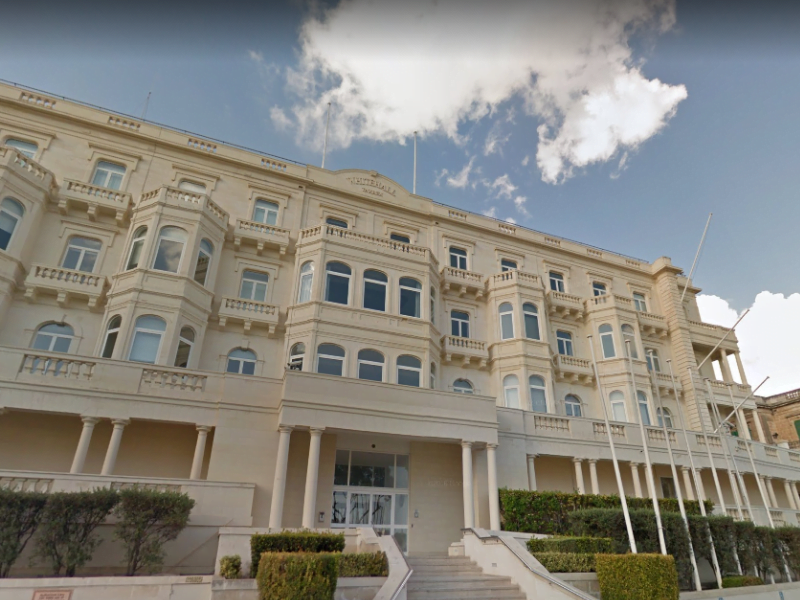A prominent US financial crime consultant has alleged that Ali Sadr Hasheminejad, the owner of now-defunct Pilatus Bank, managed to cheat justice in Malta as a result of corruption or the threat of adverse publicity, or both.
In a brief article aptly titled, ‘Is Malta the New Grand Cayman?’, financial crime consultant Kenneth Rijock points to the lack of action by the authorities in Malta on the Pilatus Bank scandal.
Ali Sadr, who is now on trial in the US on charges of money laundering and breaching sanctions, never faced any criminal or civil charges against him by any regulatory body in Malta, Rijock notes.
“Whether the reason was bribes paid to Maltese government officials to obtain a banking licence, or due to fears that adverse publicity would drive future clients to choose another jurisdiction, Ali Sadr appears to have cheated justice in Malta,” he writes.
“How much did he pay? We cannot say, but it is said to have been substantial,” Rijock adds.
It was murdered journalist Daphne Caruana Galizia who first reported on the bank’s links to money laundering, kickbacks to Maltese politicians and large transfers to members of the Azerbaijani ruling elite.
The Shift had reported how the government’s inaction on Pilatus Bank had cost the Maltese taxpayer hundreds of thousands of euros in direct orders for the review and assessment services in relation to the bank. One direct order of €345,000 was awarded on 20 September 2018, when Pilatus Bank still had its licence even after calls from the European banking watchdog to withdraw it.
The European Banking Authority had expressed “significant concerns” over the Malta Financial Services Authority’s (MFSA) handling and supervision of the bank. It also found that the Financial Intelligence Analysis Unit (FIAU) breached EU law in relation to its supervision of Pilatus Bank.
The European Central Bank then withdraw Pilatus Bank’s licence in November 2018.
Rijock compares Malta to the Cayman Islands where complaints about white-collar crime filed in Grand Cayman have a habit of being permanently filed away.
“Malta is sliding towards opaque offshore financial centre status, where fraudsters can breathe easy since local government fears the consequences of admitting that there are fraudsters, money launderers and assorted other thieves plying their dark trade there,” he says.
Rijock, a former banking lawyer, stresses that the EU must act on this: “Otherwise Malta will find itself entertaining more sanctions evaders, money launderers, and terrorist financiers, who will use Malta’s Schengen Zone status to enter Europe’s financial markets at will.”
The trial in the US has shown that Ali Sadr used at least four passports, five different names, and two different dates of birth when conducting international business. The Assistant US Attorney told the jury that Ali Sadr had tried to hide his Iranian identity through ‘smoke and mirrors’.












